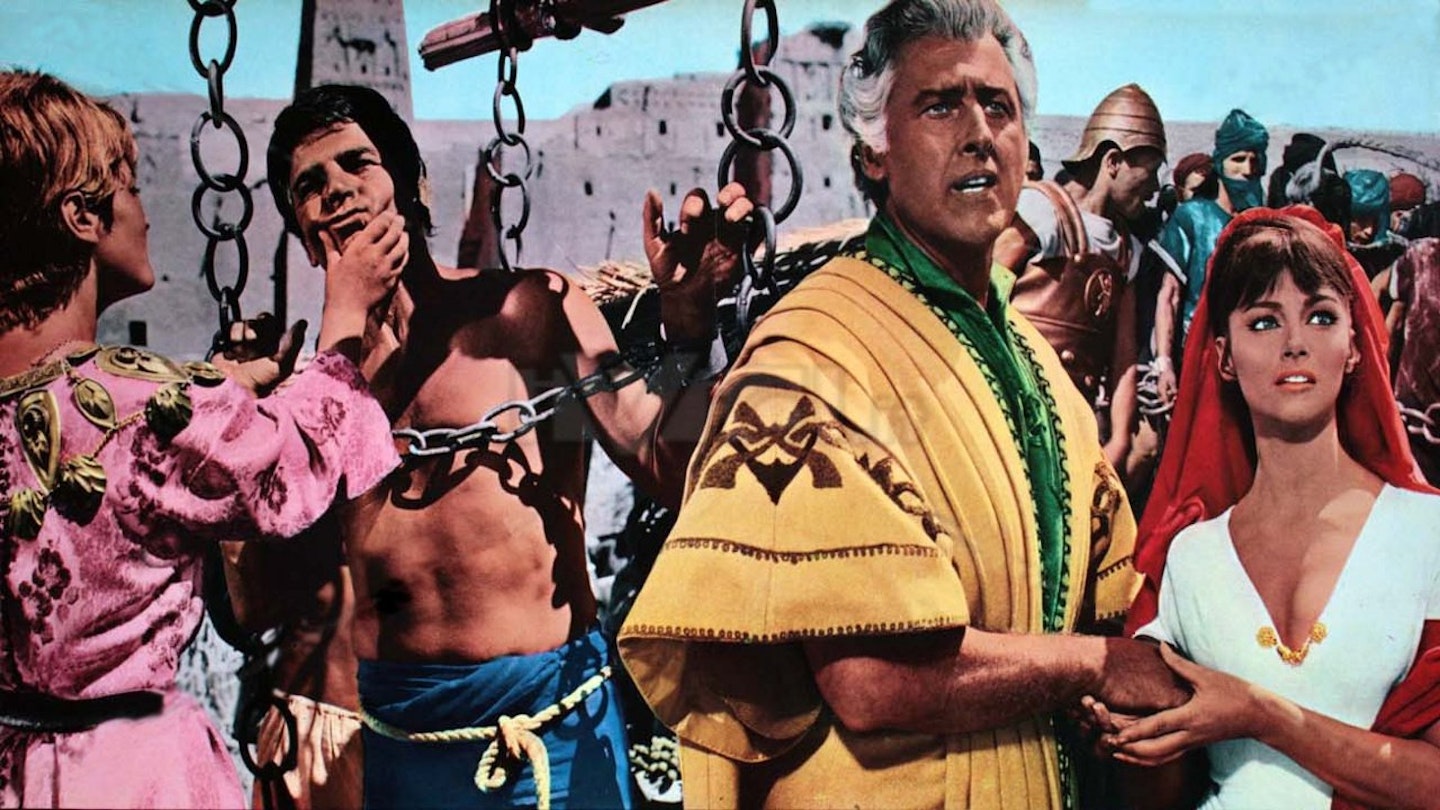Two things the Italians do incredibly well are politics and sentiment. The latter explains the rise of Roberto Benigni and his Oscar-winning Life Is Sweet. The former, however, is usually more subtly tucked away - at least until now, because Gomorrah really goes for the jugular.
Based on the controversial book by Roberto Saviano, Gomorrah avoids the usual pulp gangster tropes and opts instead for a slow, arthouse style that never lets you enjoy this world’s seedy thrills vicariously, holding its camera unobtrusively but objectively, like an undercover agent behind enemy lines.
The beginning is a good indication of what’s to come. A group of young men are in a tanning salon, topping up their already overdone walnut hue. Nothing much is said, but it’s clear these guys are bad news: with cheap jewellery, coarse banter and tattoos, they couldn’t be much else. Within minutes they’re dead, rubbed out by a gun-wielding rival gang, left in the eerie UV glow with the tanning beds still humming. The silence is broken by a loud, thumping but unsettlingly cheesy Europop anthem, the kind exclusively popular in, and linguistically specific to, Naples. The word “ironic” just about covers the effect here.
After this initial onslaught the film breaks off in different directions, but these are roads that will never converge - and there will be no neat bow to tie up these plot threads. Garrone is looking at the various layers within the hidden world of the Camorra, the Mafia-esque mob who run the area, and the closest thing to a linking agent is Don Ciro (Gianfelice Imparato), the sorry bagman whose job it is to pay the families of Camorra members in jail. Garrone takes a fly-on-the-wall approach as he follows Ciro on his rounds; as soon will become clear, this is a service industry in which most are the (terrified) servants. This is made explicit in the storyline about a tailor (Salvatore Cantalupo) who is recruited by the Camorra to make dresses, but exiled from the fashion world when he is caught working for their Chinese rivals. He escapes with his life, although his passion and whole raison d’être have both been efficiently annihilated. And, as he observes Scarlett Johansson wearing one of his designs on a red carpet, he (as do we) realises just what his paymasters have their teeth into.
Some lighter relief comes from a couple of young punks (Marco Macor, Toni Petroni) who see the Camorra higher-ups as “fat old men” and consider the town theirs for the taking. This vile pair counterbalance the scenes in which a smooth businessman (Toni Servillo) launders Camorra money through toxic waste, showing just how far its ‘respectable’ interests lie. But in its two-hour-plus running time, Gomorrah doesn’t seek to do anything but expose this, so while it will fail spectacularly for those expecting a GoodFellas-style exposé of Neapolitan thug life, it has an under-the-skin quality that makes for an outstanding drama. It’s a film that paints a full, ugly portrait of the Camorra corruptors and their corruption, proving, in the story of a child who rats out his own mother, that you really can throw good money after bad.

